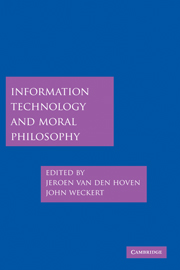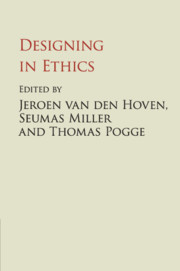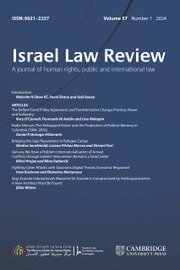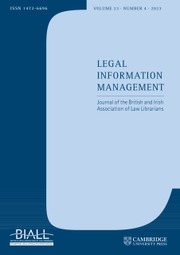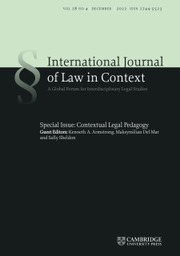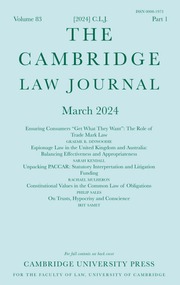Information Technology and Moral Philosophy
This book gives an in-depth philosophical analysis of moral problems to which information technology gives rise, for example, problems related to privacy, intellectual property, responsibility, friendship, and trust, with contributions from many of the best-known philosophers writing in the area.
- Comprehensive coverage of topics from privacy and blogging to Confucius and Plato
- Shows why we need a new ethical debate for emerging technologies
- Looks at IT from a philosophical point of view
Reviews & endorsements
"This collection of 18 essay is rich in ideas on the implications of information technology and morality. Variety is the collection's strong point, though there are certainly some common themes, including the nature of identity and agency...This work will appeal to scholars in several disciples, including communication, political science, computer science, and philosophy. Summing up: Recommended."
-S.E. Forschler, Choice
Product details
April 2008Adobe eBook Reader
9780511380099
0 pages
0kg
This ISBN is for an eBook version which is distributed on our behalf by a third party.
Table of Contents
- Introduction
- 1. Norbert Wiener and the rise of information ethics Terrell Ward Bynum
- 2. Why we need better ethics for emerging technologies James H. Moor
- 3. Information ethics: its nature and scope Luciano Floridi
- 4. The transformation of the public sphere: political authority, communicative freedom, and internet publics James Bohman
- 5. Democracy and the internet Cass R. Sunstein
- 6. The social epistemology of blogging Alvin I. Goldman
- 7. Plural selves and relational identity: intimacy and privacy online Dean Cocking
- 8. Identity and information technology Steve Matthews
- 9. Trust, reliance, and the internet Philip Pettit
- 10. Esteem, identifiability, and the internet Geoffrey Brennan and Philip Pettit
- 11. Culture and global networks: hope for a global ethics? Charles Ess
- 12. Collective responsibility and information and communication technology Seumas Miller
- 13. Computers as surrogate agents Deborah G. Johnson and Thomas M. Powers
- 14. Moral philosophy, information technology, and copyright: the Grokster case Wendy J. Gordon
- 15. Information technology, privacy, and the protection of personal data Jeroen van den Hoven
- 16. Embodying values in technology: theory and practice Mary Flanagan, Daniel C. Howe and Helen Nissenbaum
- 17. Information technology research ethics Dag Elgesem
- 18. Distributive justice and the value of information: a (broadly) Rawlsian approach Jeroen van den Hoven and Emma Rooksby.

